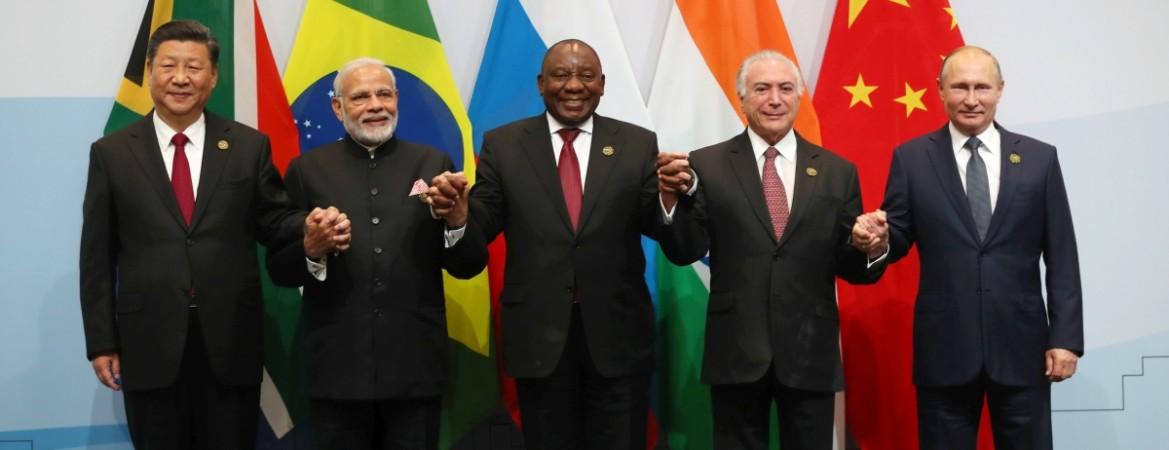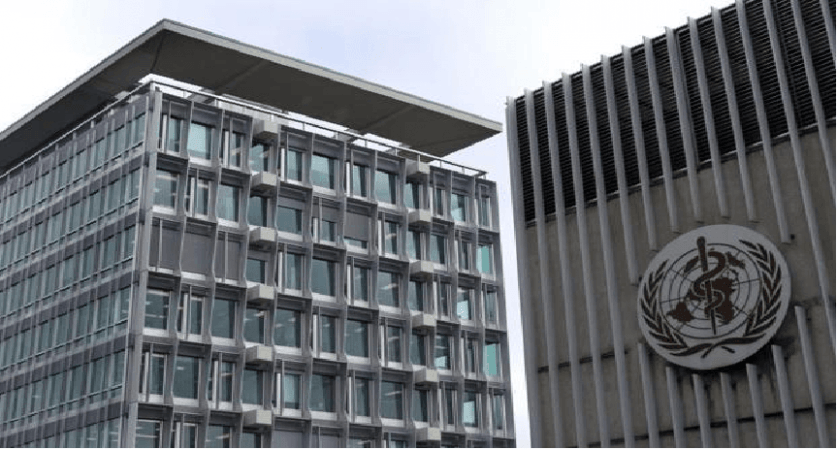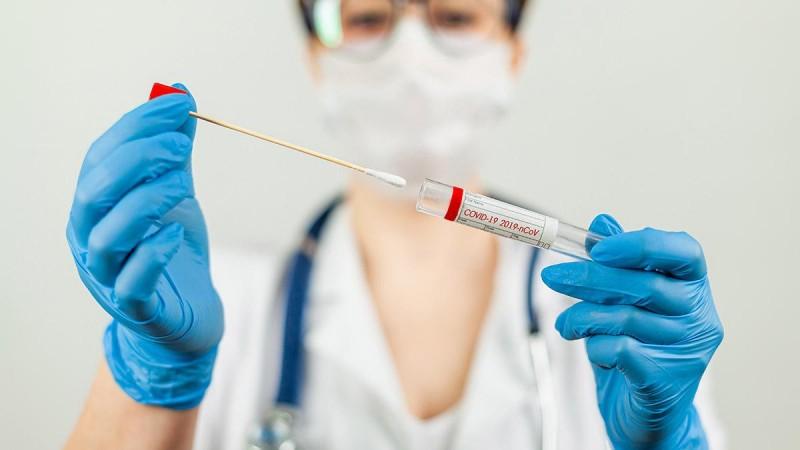With the Omicron variant now present in all provinces of South Africa, President Cyril Ramaphosa has raised the possibility that the country could enter the fourth wave soon if new cases continue to increase.
"The identification of Omicron coincides with a sudden increase in Covid-19 infections. If cases continue to rise, we can expect to see a fourth wave of infection in the next few weeks, if not sooner," Ramaphosa said in his televised speech on Sunday evening.
His address to the nation followed a meeting of the Coronavirus Command Council after scientists recently discovered the new variant, Xinhua news agency reported.

"We have seen an average of 1,600 new cases in the last seven days, compared to just 500 new daily cases in the previous week, and 275 new daily cases the week before that. The proportion of Covid-19 tests that are positive has risen from around 2 to 9 per cent in less than a week," the President added.
"This is an extremely sharp increase in infections in a short period of time," he said and added, "We know that the variant is responsible for most of the infections found in Gauteng in the last two weeks and is now emerging in all other provinces."
Given that only 35 per cent of the adult population has been fully vaccinated so far and there is still a lot of hesitation to vaccinate, Ramaphosa announced that a working group has been set up to discuss the possibility of making vaccines mandatory to access public places such as public transport, workplaces, public events and public facilities.
"Government has set up a working group that will consult widely on the introduction of compulsory vaccination in certain activities and places," he added.
Taskforce to make recommendations
The task force will report to the Inter-Ministerial Committee on Immunisation, chaired by Deputy President David Mabuza, which will make recommendations to the Cabinet.
He said the first and the most powerful tool that mankind has is vaccination.
"Vaccination is by far the most important way to protect yourself and those around you against the Omicron variant, to reduce the impact of the fourth wave and to help restore the social freedoms we all yearn for," he added.
"Vaccination is also vital to the return of our economy to full operation, to the resumption of travel and the recovery of vulnerable sectors like tourism and hospitality."
Ramaphosa said the Covid-19 virus, like all viruses, does mutate and form new variants. The likelihood of the emergence of more severe forms of variants is increased significantly where people are not vaccinated.
"That is why we have joined many countries, organisations and people around the world who have been fighting for equal access to vaccines for everyone," he added.
"We have said that vaccine inequality not only costs lives and livelihoods in those countries that are denied access, but that it also threatens global efforts to overcome the pandemic. The emergence of the Omicron variant should be a wake-up call to the world that vaccine inequality cannot be allowed to continue."
India issues new guidelines
The Union Health Ministry of India on Sunday revised the guidelines for the international arrivals in the wake of new Covid variant, Omicron -- designated as a Variant of Concern (VOC) by the World Health Organization (WHO). The new guidelines will be effective from December 1.
The Health Ministry, in a statement, said: "The existing guidelines have been revised in view of reporting of a new variant of SARS-CoV-2 (B.1.1.529; named Omicron) which has been now classified as VOC by the WHO."

The government said that international arrivals will now have to upload their 14-day travel history and valid negative RT-PCR test reports on Air Suvidha portal before embarking on their journey to India.
The RT-PCR test report should not be more than 72 hours old, added the statement. According to the new guidelines, the passengers travelling from countries that are categorised as 'at-risk' will have to undergo testing on arrival.
If the passengers test positive, their samples will be sent for genomic sequencing, and they will be sent to institutional quarantine.
If they test negative, they will be asked to remain in home quarantine for seven days following which they will take a test on the 8th day and continue monitoring their health for the next 7 days.

The government has listed -- South Africa, China, the United Kingdom, European countries, Bangladesh, Brazil, Botswana, Mauritius, New Zealand, Zimbabwe, Hong Kong, Singapore and Israel on 'At Risk' segment.
The tests for passengers from 'at-risk' nations will be self-paid while the cost of the random tests will be borne by the Civil Aviation Ministry. "Travellers from countries excluding the 'at risk' countries will be allowed to leave the airport and shall self-monitor their health for 14 days post arrival," said the statement.

















